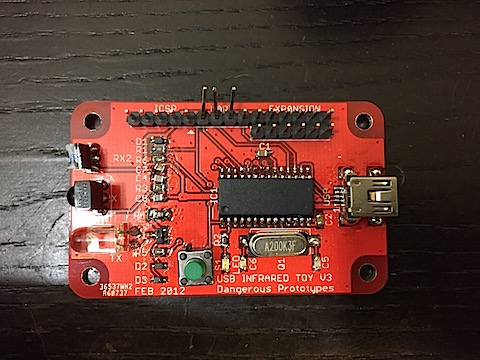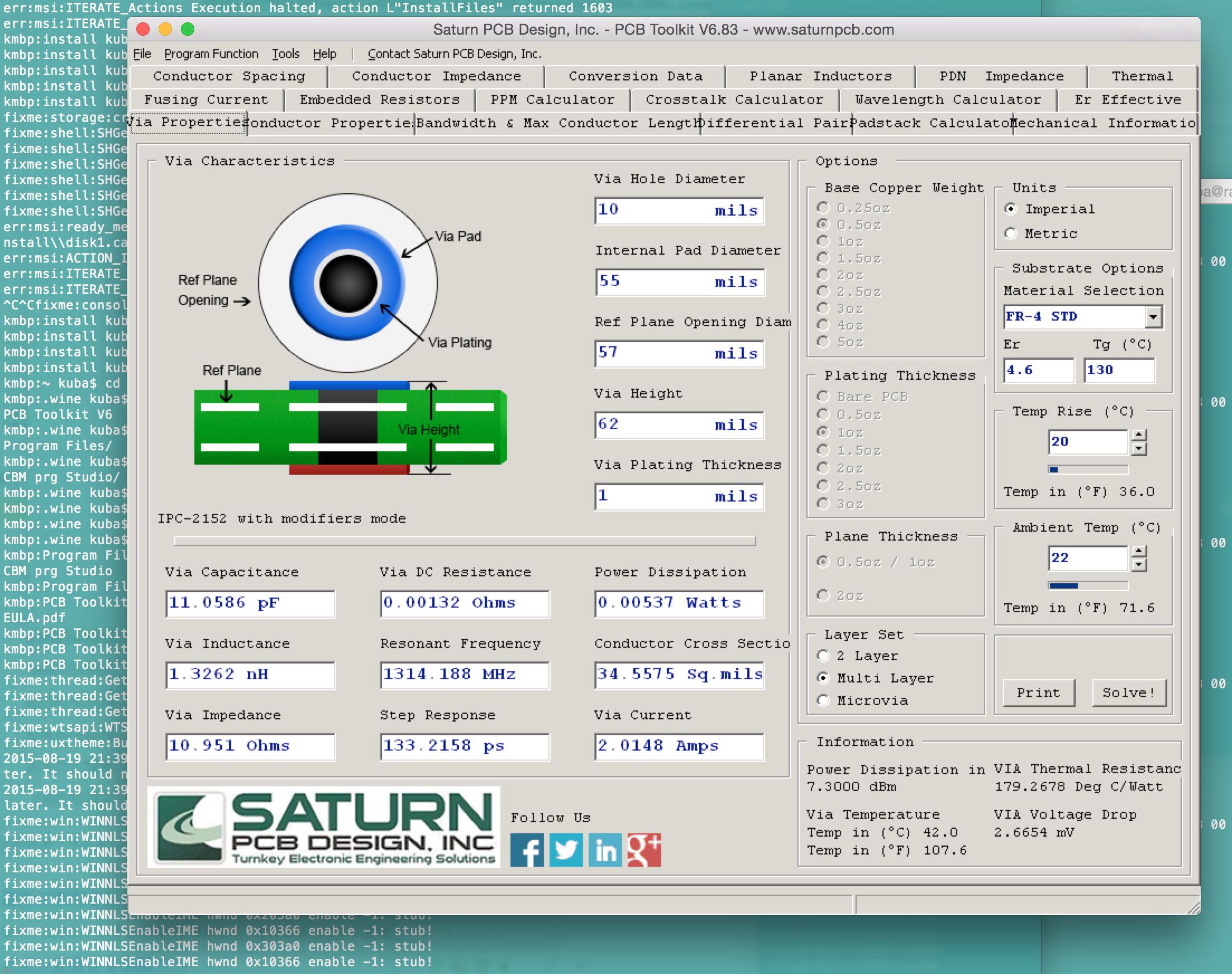First part here
3 days later, my mouser order arrived to Japan (this is super fast), I got the relays, desoldered the bad one (proper desoldering tool is very useful here).
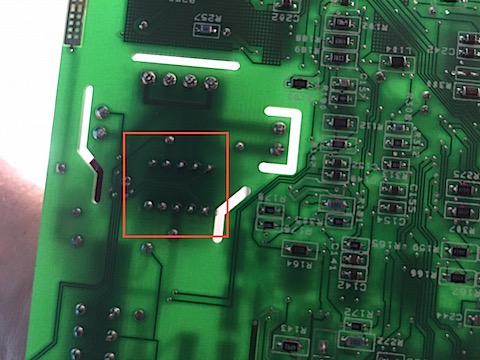
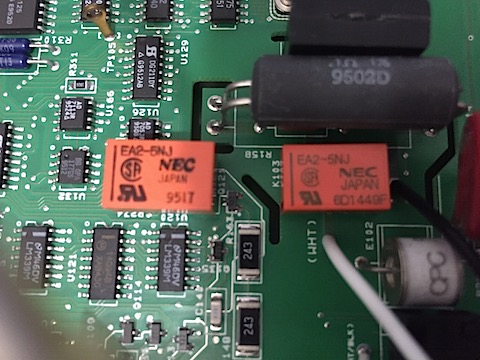
(Right is new replaced, left is the old one for comparison, didn’t take it apart though).
Soldered the replacement and couple of screws later, I had the multimeter repaired, reassembled and ready to test.
(Don’t forget to note colors of the internal cables connected to the rear panel posts)
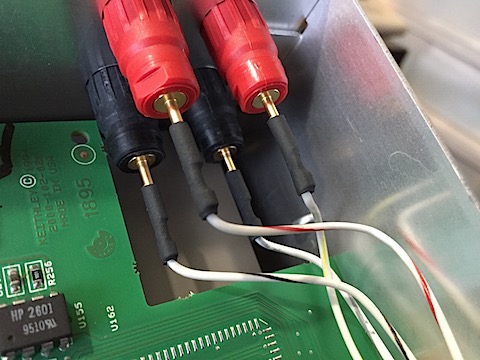
First I realised that once or twice another test had failed (500.2), and also 600.1 and 601.2 (which was definitely a change from original 600.1,600.2,601.1).
When the test process asks for 4-wire short I literally used a 4-wire kelvin clips shorted, and this seems to be the reason why error 500.1 came up, and likely the 600.x ones now were because I shorted HI to LOW instead of AMPS.
Now, for 4-wire short I used pomona banana leads (I think 12-ich ones) to get as close to a “real” Keithley 4-wire short brace (it’s literally a brace with 4 banana plugs that snaps right into the posts).
After the change of leads – all of the tests succeed. Voila, I repaired the multimeter (but I think I will someday make a a 4-wire short brace for reliable testing).
Cheers
